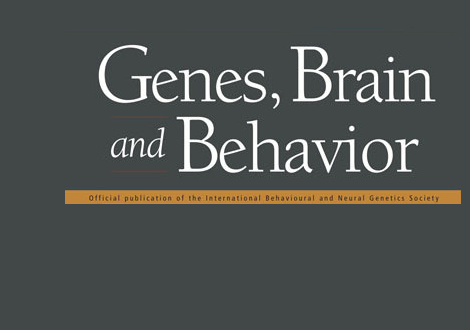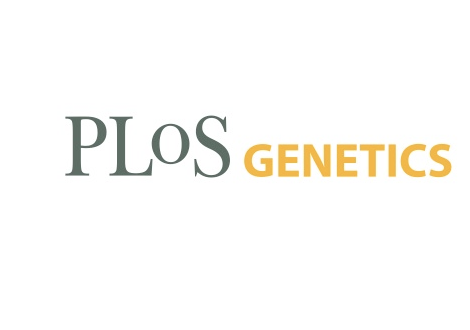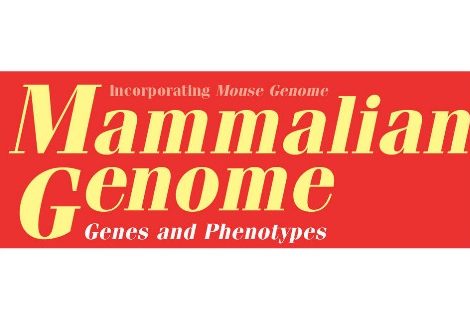21
October
Article by Katherine McMurray and Dr. Abraham Palmer accepted for publication in Addiction Biology
The article, entitled “Genetic and pharmacological manipulation of Glyoxalase 1 regulates voluntary ethanol consumption in mice”, was accepted for publication in Addiction Biology.
Authors include Katherine McMurray, Dr. Abraham Palmer, and collaborators.










